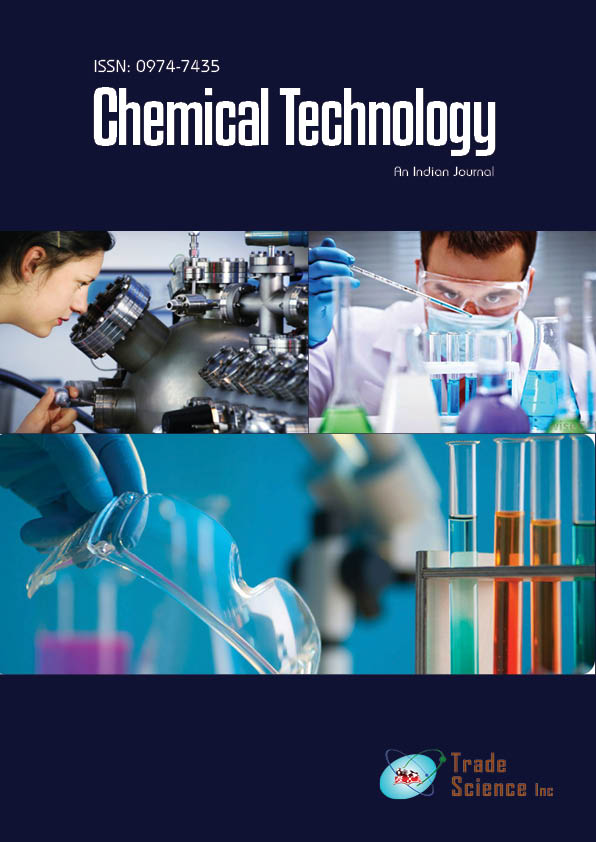Abstrait
Graft copolymerization of polychloroprene with methylmethacrylate and its application as a single component adhesive on difficult surfaces
Abolfath Akbarzadeh*, Enayatollah Mottaghinejad
This investigation attempts to elucidate the graft copolymerization of methylmethacrylate (MMA) with polychloroprene (PCP) via the radical initiator, benzayl peroxide (BPO). The graft copolymer of PCPmade free from the respective acrylic homopolymer (PMMA) and unreacted PCP by appropriate solvent extraction using acetic acid (AcOH) as a solvent. The IR & proton-NMR studies on the graft copolymer showed the occurrence of grafting. The IR-spectrum of the graft copolymer PCP-MMA showed an absorption band at 1730cm-1a characteristic of the carbonyl band of PMMA which is not present in PCP. The proton-NMR spectrumof the latter copolymer showed the ï¡-methyl proton at 0.95ppm and OCH3 proton at 3.5ppm. The mechanism of the grafting seems to be by chain transfer to macromolecule as evidenced by the decrease in chlorine content of the graft copolymer. Thereafter the graft copolymer was blended with heat- reactive phenolic resin (tackifier),MgO, ZnO etc for adhesive applications. The peel & shear strengths of the above formulated contact adhesive were investigated.
